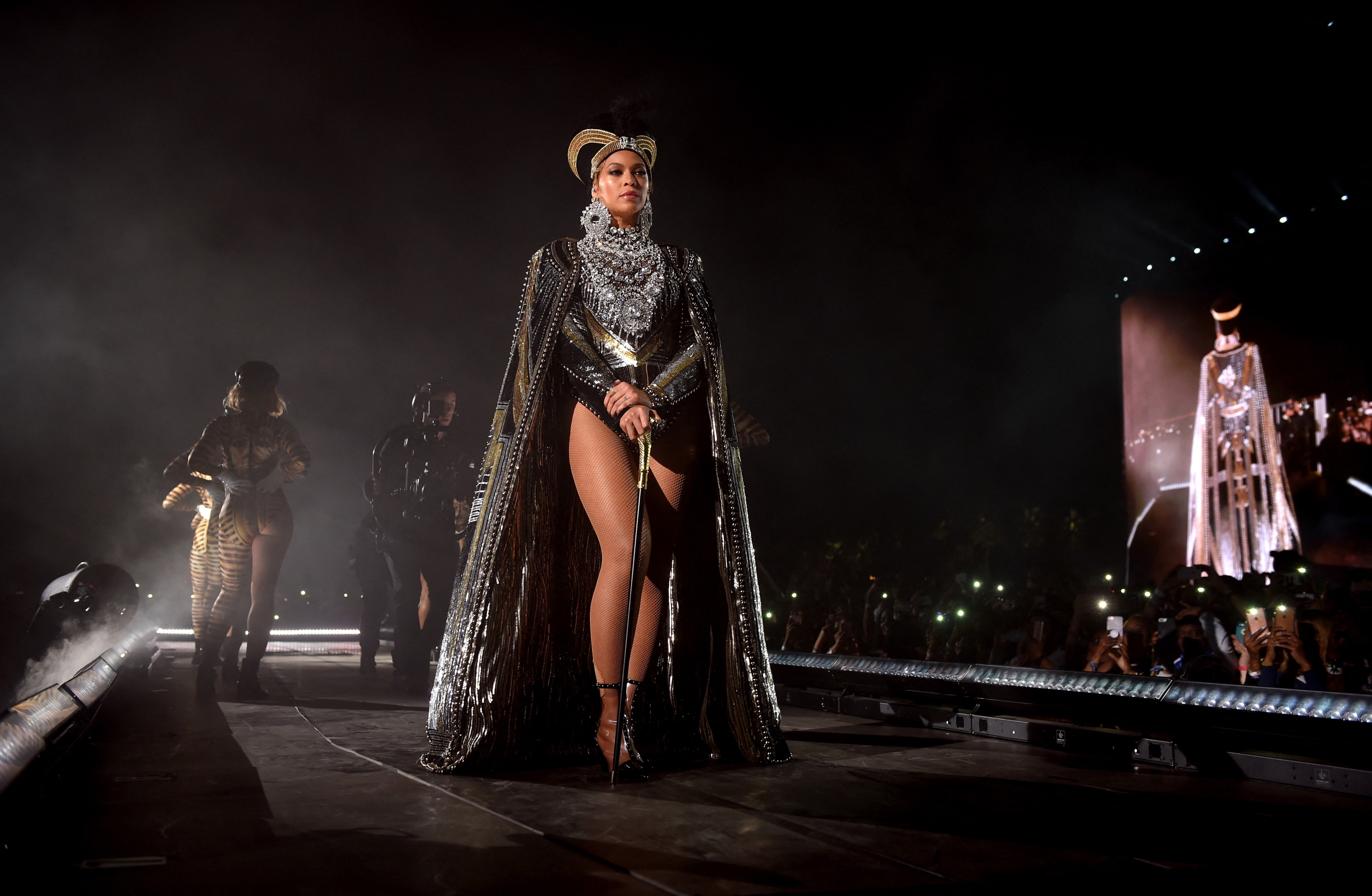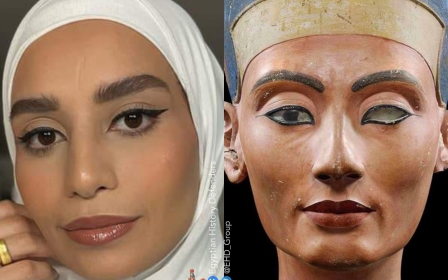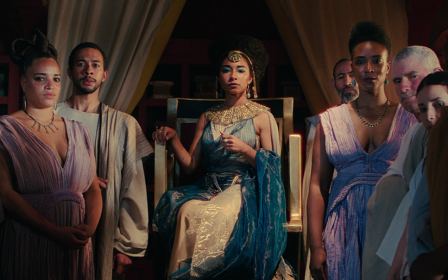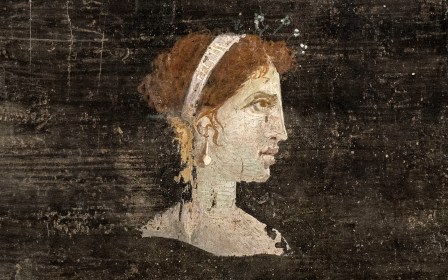Egypt: Dutch archaeologists banned over 'falsifying history' in new exhibition

Egypt hit out at a Dutch museum this week and banned several archaeologists from carrying out excavations at key sites in the country after being angered by an exhibition at the National Museum of Antiquities (RMO) in Leiden.
The exhibition explored the influence of ancient Egypt on Black musicians and showed a number of celebrities, including famous singers Rihanna and Beyonce, in outfits resembling ancient Egyptian queens.
Titled “Kemet” - an ancient Egyptian word meaning the black land - the exhibition focused on the reflection of ancient Egypt in music, like jazz, funk, soul, pop, reggae, and rap.
Kemet was once a name for Egypt that scholars believe referred to the fertile soil that was left over when the Nile flood receded in August.
'Falsifying history'
Egyptian officials, however, did not receive the exhibition well and accused the museum and the curators of "falsifying history".
The officials criticised what they saw as its support for the 'Afrocentric theory' that dark-skinned Africans were the real rulers of ancient Egypt.
The museum responded by saying that the argument was "unfounded".
"The Egyptian authorities have every right to terminate a permit for an excavation; after all, it is their land and their heritage. However, the museum considers the underlying argument for this decision incorrect,” the RMO said in a statement on Wednesday.
The exhibition featured work by a number of celebrities, including Eddie Murphy, Erykah Badu, and Lauryn Hill, who have used ancient Egyptian influences.
The museum director, Wim Weijland, said that despite the complaints, and an onslaught of negative comments on social media calling the exhibition racist, no Egyptian official had come to see the exhibition.
“We won’t make any apologies and we won’t change the exhibition. I’m willing to add a sign with Egyptian commentary, but they’ll have to come and see it first,” Weijland said.
Meanwhile, the curator of the exhibition, Daniel Soliman, who is half-Egyptian, said the reactions were a result of increasing nationalism in Egypt and anti-Black sentiments.
“Of course, there is the fact that ancient Egypt has often been spoken about without involving contemporary Egyptians, especially from the West. That is still very sensitive,” he added.
Divided opinions
Reactions online have ranged from those sympathising with the museum to those saying that Egyptian authorities have overreacted to the news, and even those accusing the exhibition of “cultural appropriation of Egyptian history”.
One user wrote that the display was to show Egyptian influence on modern-day art, and questioned why it would be deemed offensive.
Another social media user suggested that the exhibition was a blatant attempt to steal other peoples' history.
‘Afrocentrism’
The battle of words comes just weeks after Egyptian authorities lambasted the depiction of Cleopatra in the Netflix series Queen Cleopatra, claiming that showcasing her as a Black African was a "falsification of history".
Leading the condemnation was Egyptian official Mostafa Waziri who has described the series as a “blatant historical misconception”.
The secretary general of the Supreme Council of Egyptian Archaeology was backed by Egyptian MPs, including one who has called for the entire streaming platform to be banned in the country as a result of its attack on “family values”.
Earlier this year, comedian Kevin Hart's debut show in Egypt was cancelled following an outpouring of anger in the country over comments he had made in support of the Afrocentric movement.
The movement seeks to promote the role Black people played in the history and creation of western civilisation.
Hart’s critics, however, accused him of distorting history and robbing Arabs of their claim to the country’s ancient past.
Middle East Eye propose une couverture et une analyse indépendantes et incomparables du Moyen-Orient, de l’Afrique du Nord et d’autres régions du monde. Pour en savoir plus sur la reprise de ce contenu et les frais qui s’appliquent, veuillez remplir ce formulaire [en anglais]. Pour en savoir plus sur MEE, cliquez ici [en anglais].




